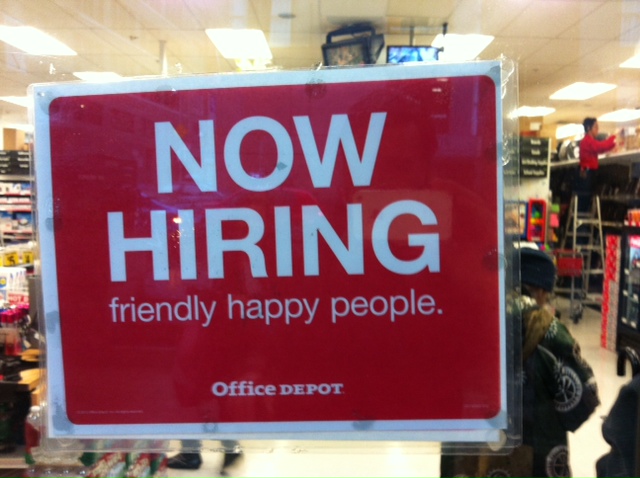Last week in Sydney recruitment company Indeed sponsored a Future of Work summit to tease out some ideas about the what jobs will look like in the future.
While I wasn’t able to attend, being in Melbourne to deliver the Managing the Data Age presentation, I did manage to attend a lunch where Paul D’Arcy, the head of Indeed’s Hiring Lab, spoke about some of the trends we’re seeing in the workplace.
“One of the things we see is the change in the role of work over time,” says D’Arcy. “There was a period before the industrial revolution where work was where natural resources were. With the industrial revolution there was a shift to where the companies were organised.”
The interesting thing with that view is that the companies of the early industrial revolution gathered where the natural resources were easily accessed and finish products could be shipped as we saw when visiting England’s Ironbridge, one of the birthplaces of modern industry.
D’Arcy sees technology changing the idea that work goes to the companies, “where people with highly in demand skills congregate then that’s where jobs are created.”
The employment centres of the future will be the cities that attract those highly skilled workers, D’Arcy believes.
Spreading the developer love
One of the changes Indeed has seen in the workplace is how coding has now become a widespread skill with three quarters of all software developers around the world being employed by software companies. In the US it’s only 7% of coders are working for pure tech organisations.
Marketing is one field that has seen a dramatic shift says D’Arcy, “marketing has seen an enormous shift from what was predominately a creative industry to one driven by data.”
One of the constant questions confounding those of us writing and speaking about the future of business is ‘what will be the jobs of the future?’ While D’Arcy didn’t really have that answer one of the points is clear that programming and coding will be among the skills in demand over the near future.
In the longer term it’s still not clear exactly what jobs will be in demand in twenty or thirty years time, then again twenty years ago who would have guessed many of the technology jobs in demand today would have even existed.
While we’re still struggling with what roles will define the workplace it’s clear the location of the workplace is changing as well. The worker of the future will be a much more mobile creature than today and that has ramifications for the future.

Leave a Reply